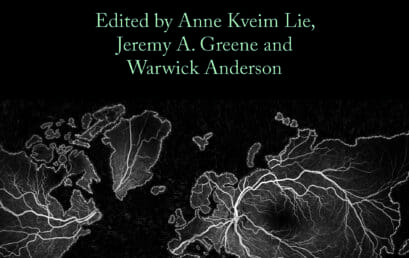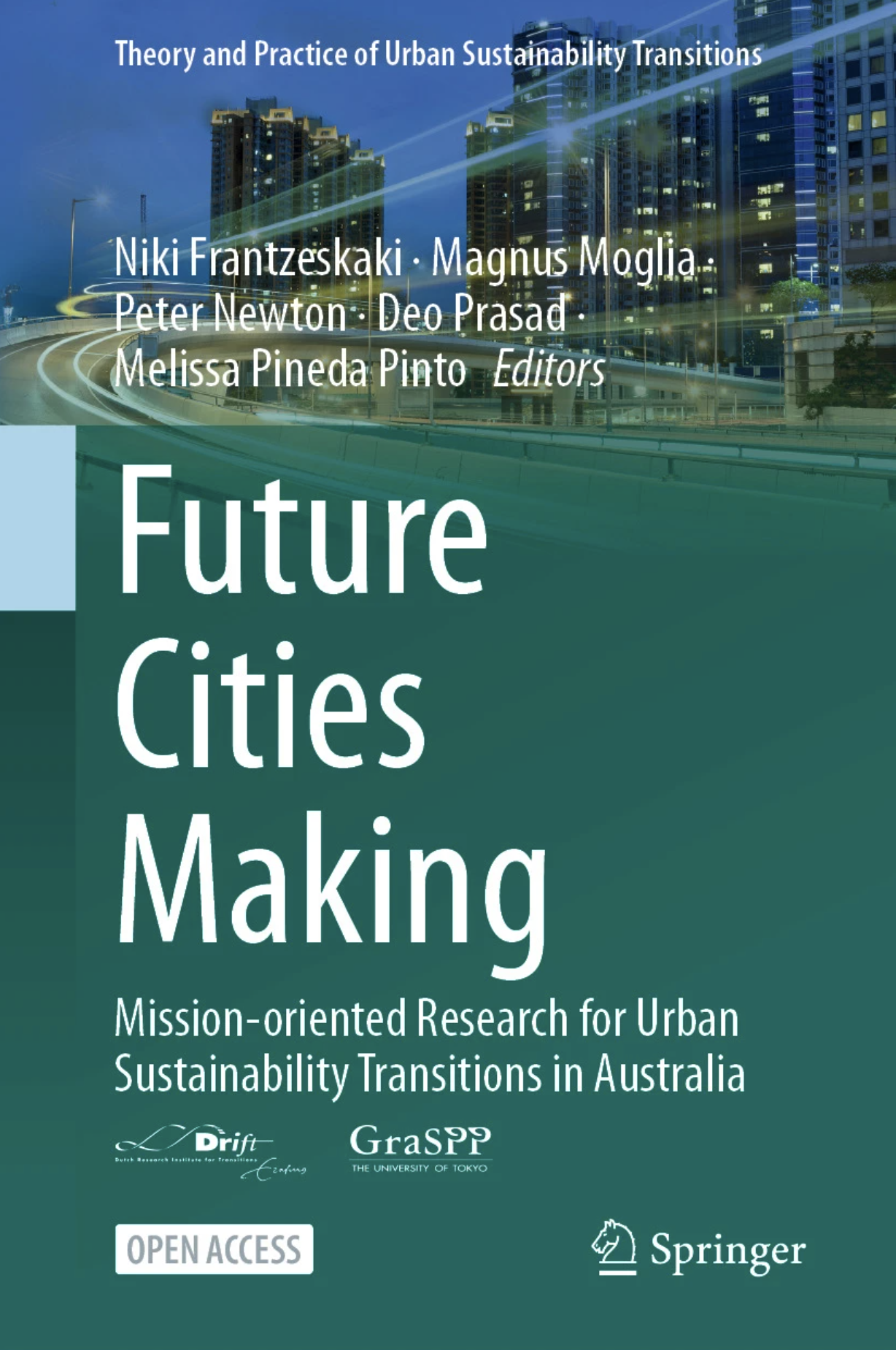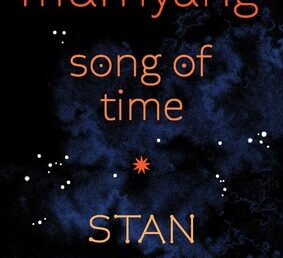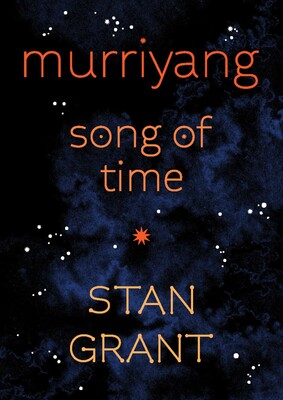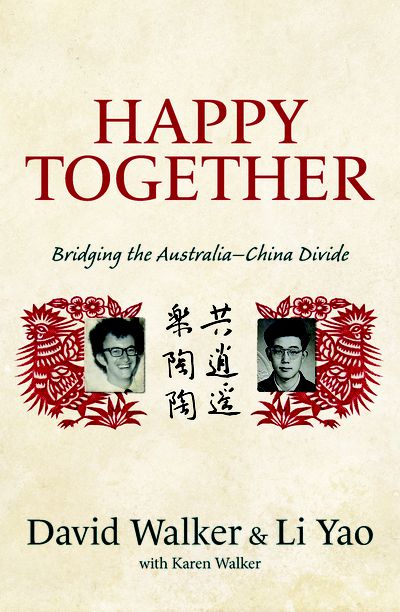
Happy Together tells the story of two families – one from Inner Mongolia and the other from outback South Australia. The book begins with the search for a lost ancestral village in northern China. In the late nineteenth century, the Li family had travelled from their ancient home in Shanxi Province to Inner Mongolia when severe drought and a crippling famine struck the land. In the first decades of the twentieth century, they began a new life farming the remote grasslands. Their children prospered as landowners and teachers but could not escape the ravages of warlords, armies, and revolutionaries. After 1949, in the New China, the ‘landlord hats’ handed down by Li Yao’s parents led to great personal suffering as he and his siblings grew up in Mao’s China. Li Yao dreamt of becoming a writer, only for those dreams to be swept away by the Cultural Revolution. He survived to become the foremost translator of Australian writing into Chinese.
Li Yao’s story is interwoven and contrasted with that of David Walker, born around the same time, but a world away. The Walkers migrating from Britain, and also searching for a new life, settled down in Burra, in the ‘grasslands’ of South Australia’s mid-north. David, their descendent became an Australian historian fascinated by his country’s multiple responses to the rise of Asia. He first met Li Yao in Beijing during the translation of his earlier book Not Dark Yet, into Chinese. From 2013 to 2016 David was the inaugural BHP Chair of Australian Studies at Peking University.
Stephen FitzGerald, Australia’s first Ambassador to the PRC has called Happy Together: ‘A work of great ingenuity and fascination’ while the writer Alexis Wright calls it: ‘An inspiring and insightful story for our times’.
David was interviewed about this book by Geraldine Doogue on ABC’s Saturday Extra program. The episode can be heard here.
